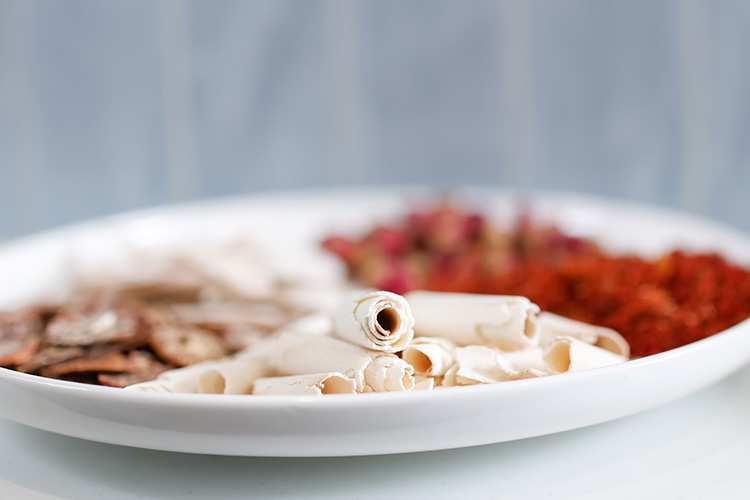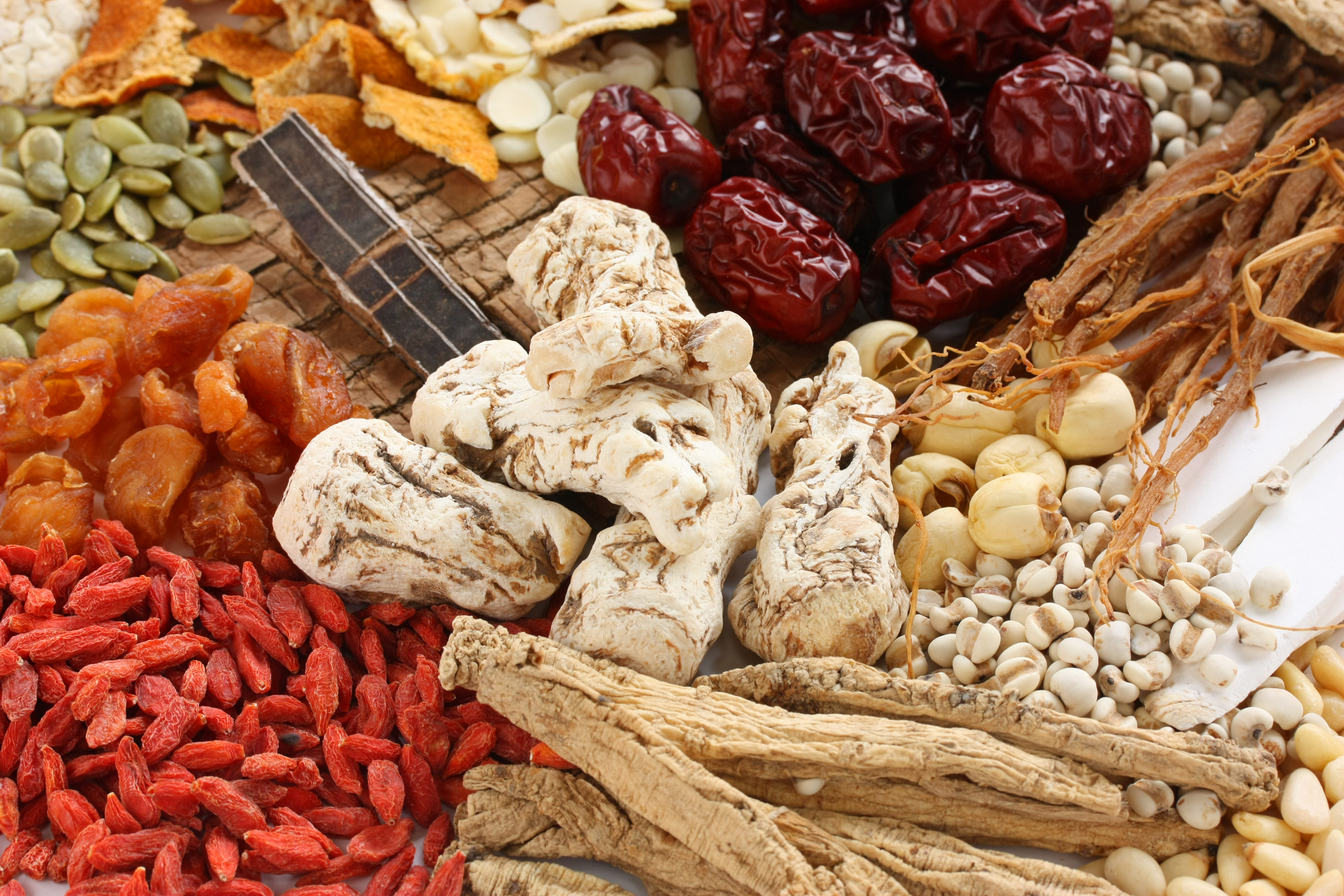Could Chinese Herbs Act Like Prebiotics Or Probiotics?
When we think about gut health, two buzzwords often come up: prebiotics and probiotics. Probiotics are the live microorganisms (like those found in yoghurt or fermented foods) that can provide health benefits when taken in the right amounts. Prebiotics, on the other hand, are substances — often certain types of fibre — that our bodies can’t digest but our gut microbes love to feed on. They act as fuel to support a healthy microbiome. A healthy gut microbiome will translate as healthy digestion without symptoms. Thge question here is, do Chinese herbs act like prebiotics or probiotics, when they enter the gastro intestinal track?
So where do Chinese herbs fit into this picture
At this stage, the evidence is limited. Much of the research exploring the gut effects of herbal medicine comes from animal studies or preliminary lab work. These early findings are promising, but it’s too soon to draw strong conclusions for humans. Still, it’s an interesting conversation. As I find patients after taking herbs many digestive symptoms ease or disappear completely.
Some single herbs have been looked at in more detail. For example, Huang Lian (Coptis chinensis), rich in the compound berberine, has been studied for its influence on gut bacteria. Polysaccharide-rich herbs such as Huang Qi (Astragalus membranaceus) and Ling Zhi (Ganoderma lucidum) also show potential for encouraging beneficial microbial growth. Even the humble Fu Ling (Poria cocos) has been investigated for its role in shaping gut communities. These individual studies are interesting, but they don’t quite capture the bigger picture and nuance of Chinese medicine.
This significance of herbal formula
Why? Because Chinese herbal medicine rarely relies on one herb alone. Instead, formulas are carefully constructed combinations — a bit like blending ingredients in a recipe. While no one would claim herbs make a delicious meal (quite the opposite for most taste buds!), the idea is that when combined, the herbs create a synergy. This means the therapeutic effect of the formula is greater than the sum of its parts.
That synergy may extend to the gut microbiome. When multiple herbs are decocted or taken together, they don’t just provide nutrients or antimicrobial effects in isolation. Instead, they may interact with the gut environment in more complex ways — modulating bacteria, influencing the release of enzymes, and supporting smoother digestion.
For many people, herbal formulas are already known to ease everyday digestive complaints: bloating, gas, irregular bowel movements, and abdominal pain. Could part of that effect be because herbs act as prebiotic fuel or create probiotic-like changes in the microbiome? It’s possible — but we need more research to be sure.
For now, it’s exciting to consider that when we prescribe a traditional herbal formula, we may not just be targeting symptoms on the surface, but also lighting up the gut biome in ways modern science is only beginning to uncover.






